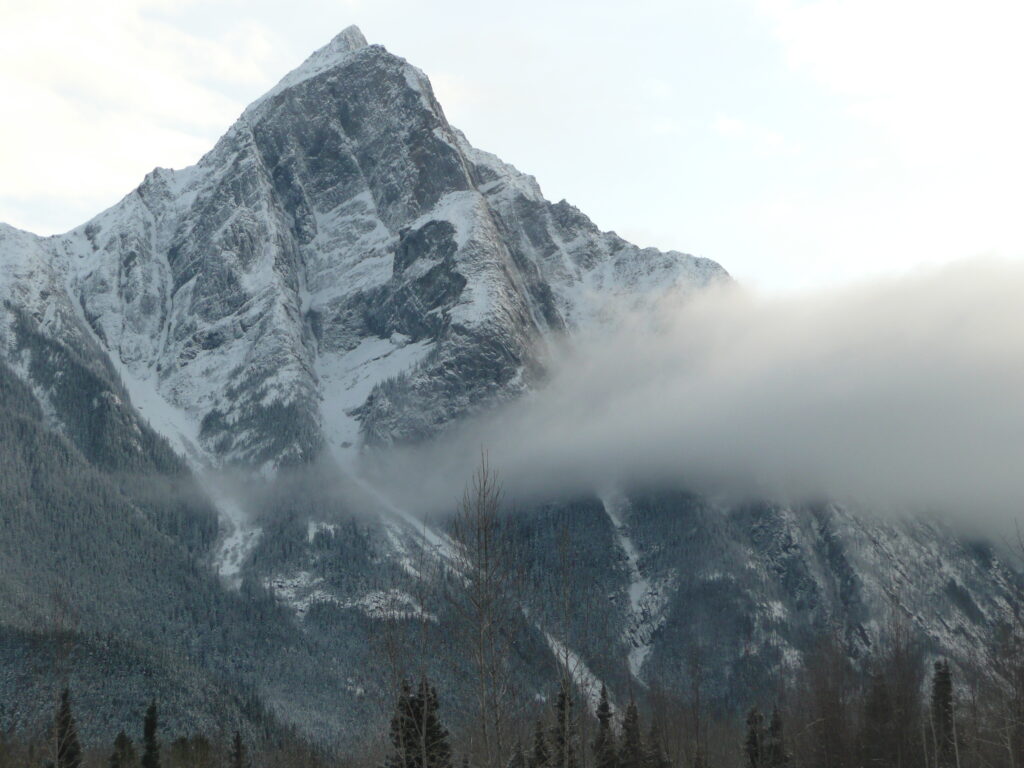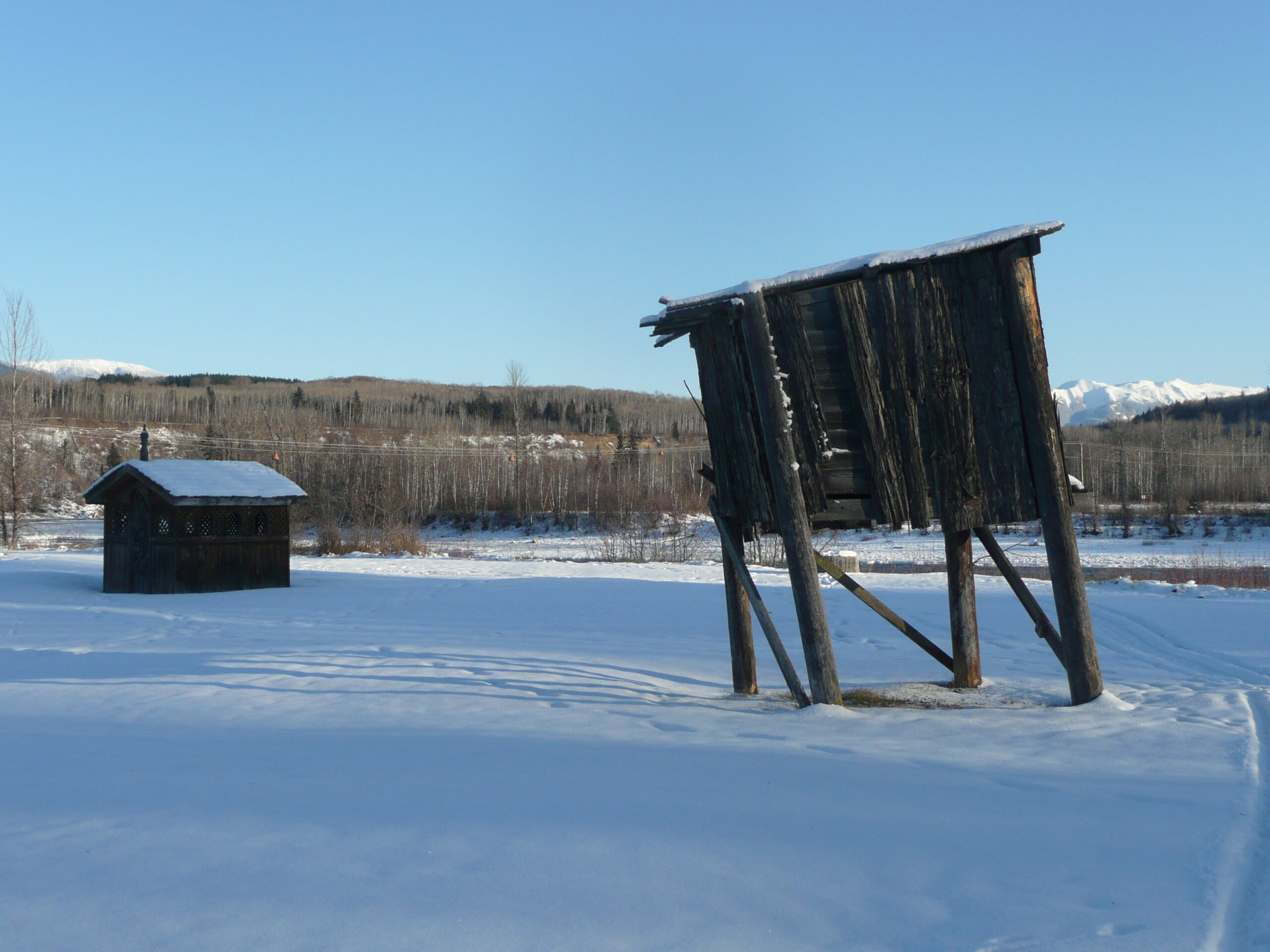This case concerned a challenge to the mineral tenure regime in British Columbia brought by the petitioners Gitxaała Nation and Ehattesaht First Nation. The petitioners alleged that (1) the regime established under the Mineral Tenure Act (“MTA”) is inconsistent with the duty to consult and subsection 35(1) of the Constitution Act, 1982, because it does not provide for consultation before the granting of a mineral claim, and (2) the MTA regime is inconsistent with rights recognized in the Declaration on the Rights of Indigenous Peoples Act (“Declaration Act”) and the United Nations Declaration on the Rights of Indigenous Peoples (“UN Declaration”).

Photo credit: Gordon Lyall
Background
The MTA establishes a free entry system to mining for all persons who have registered and received permission to stake mineral claims (known as “free miners”). A free miner may register a mineral claim to any land in the province in respect of which the mineral rights are available. A mineral claim provides the free miner the right to enter onto the surface of the land subject to the claim to conduct exploratory activities and, at the free miner’s option, to receive a mineral lease over the land. To conduct mining activities, a free miner must obtain permission under the Mines Act. The petitioners argued this regime adversely impacts their lands, cultural and spiritual rights, and their ability to govern their land.

Photo credit: Gordon Lyall
A duty to consult applies to the MTA
The duty to consult is triggered when the Crown has knowledge of asserted or proven Aboriginal rights and contemplates conduct that might adversely affect those rights. The Crown conceded that it had actual knowledge of the petitioners’ title claims to the territories but argued that the granting of a mineral claim does not have a significant adverse impact on the petitioners’ asserted rights because mineral claims must be renewed every year and regulatory conditions restrict how free miners can use the land.
The court disagreed, noting that the duty to consult is triggered based on the Indigenous perspective of an adverse impact, not when the Crown believes there is an adverse impact. The court held that the Crown owes a duty to consult before granting a mineral claim to a free miner due to adverse impacts on the petitioners’ asserted Aboriginal title and their cultural and spiritual rights. The court held, however, that the MTA is not inconsistent with the duty to consult because the Chief Gold Commissioner has discretion to create an adequate consultation process that meets the Crown’s duty within the existing statutory regime. The court maintained the constitutionality of the MTA while also affirming the petitioners’ Aboriginal rights and requiring consultation to protect those rights.
The Declaration Act does not Implement the UN Declaration into Provincial Law
The court held that the mineral tenure regime is not inconsistent with the UN Declaration or the Declaration Act. The court held that paragraph 2(a) of the Declaration Act, which describes its purpose as to “affirm the application” of the UN Declaration to the laws of BC, did not have the effect of incorporating the UN Declaration into domestic law. The court also considered section 3 of the Declaration Act, which states that “In consultation and cooperation with the Indigenous peoples in British Columbia, the government must take all measures necessary to ensure the laws of British Columbia are consistent with the Declaration.” The court held that this section does not impose a binding obligation on the province to make the laws of British Columbia consistent with the UN Declaration. Rather, in the court’s view, section 3 is intended to encourage consultation and cooperation between Indigenous Peoples and the provincial government as part of an ongoing effort to promote consistency between provincial law and the UN Declaration.
Key takeaways
This decision does not apply to previously registered mineral claims, mineral leases, or mines, and therefore does not impact the rights of recorded holders of existing mineral claims. The court ordered an 18-month transitionary period to provide the province with time to design and implement a new consultation process for mineral claims. First Nations have expressed concern that this could lead to a “staking rush” in which free miners lay claims to large swaths of BC during the interim period, thereby averting the consultation process to be imposed.
Gitxaała is partially appealing the BC Supreme Court’s decision, seeking to overturn the Court’s refusal to quash specific mineral claims, the court’s refusal to prevent further claim-staking, and the court’s declaration that the UN Declaration is not legally enforceable.
This case summary provides our general comments on the case discussed and should not be relied on as legal advice. If you have any questions about this case or any similar issue, please contact any of our lawyers.
See CanLII for the Reasons for Judgement.